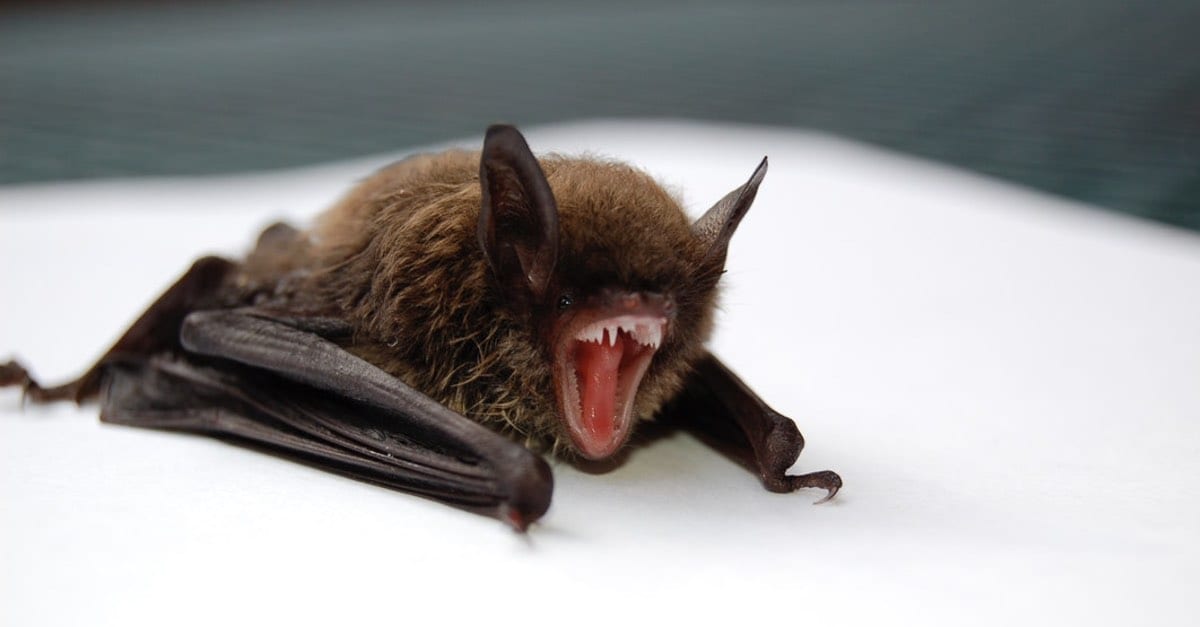The death toll for the Wuhan coronavirus has exceeded 100 people. Mainland China is fast approaching having over 5,000 confirmed cases in the mainland.
Despite China’s best efforts to quarantine the infection, the virus has spread across the globe to 17 different countries. As of yet, no other fatalities are reported outside of China.
There are a lot of rumors flying around about the coronavirus. Let’s take a look at what it is, where it came from and what’s happening now.
What Is the Coronavirus?
The coronavirus is a highly-infectious virus. It’s also a zoonotic disease, meaning it spread to humans from animals. It spreads between humans the same way that the flu does:
- through infected people coughing and sneezing
- touching an infected person’s hands or face
There are several different strains. This one is called a novel coronavirus, which means it’s a strain not seen in humans before.
Where Did the Coronavirus Come From?
It’s believed that the coronavirus started in a wet market in Wuhan, China called the Huanan Wholesale Seafood Market. It’s possible the virus originated from the bat population. Both SARS and MERS also originated from the bat family in 2004.
Do people eat bats in China? Yes, they do. This is the likeliest cause of how the virus jumped from animal to human infection.
Bats and people are in close proximity to each other in a wet market. It’s called a wet market because animals are often slaughtered in front of the customer to ensure the meat is fresh.
The coronavirus passed to humans either through the handling or consumption of bat meat. There is little regulation around wet markets. The slaughtering of animals in a confined space also means there’s aerosolization of bacteria.
What’s Next?
Can the coronavirus become a pandemic? Right now, the World Health Organization doesn’t consider the virus to be a global health emergency yet.
Americans are still considered safe for the time being. In a worst-case scenario, the coronavirus could hold the potential to become a pandemic. One simulation has shown that a pandemic such as this could kill over 65 million people.
What If You Have Bats in Your Home?
The latest bat news doesn’t have any American populations carrying the infectious coronavirus. That doesn’t mean it isn’t possible, though.
Bats can carry many diseases, such as rabies. Their droppings, called guano, can also pass on infectious viruses, like the coronavirus.
If you’ve discovered you have a wildlife problem with bats roosting in the attic of your home, contact a professional service that specializes in their removal.
Practice Good Hygiene Always
Since the coronavirus is passed in the same traditional manner as colds and the flu, there are several safety practices you can follow. Always be sure to wash your hands before every meal and after being out in public. Germs remain alive for days on surfaces like doorknobs.
If you’ve discovered you have a pest problem, like bats, trust NJ Pest Control to take care of the problem for you.
Contact us today to find out how we can handle your pest control.

